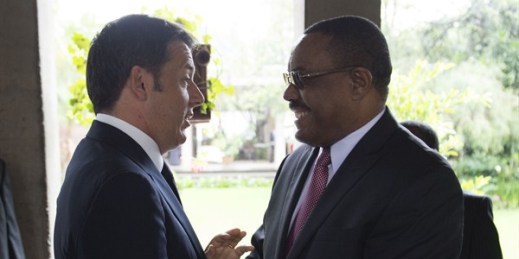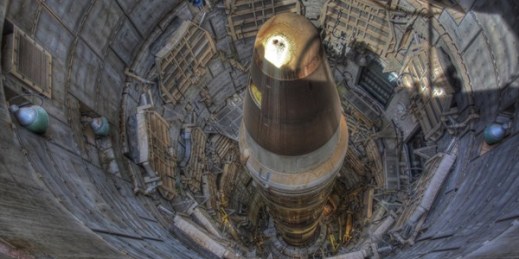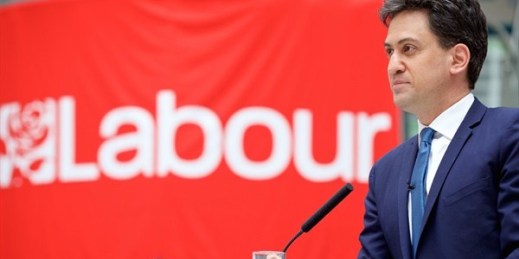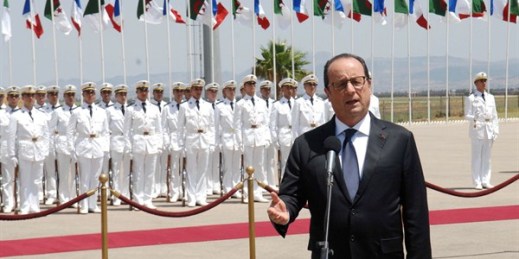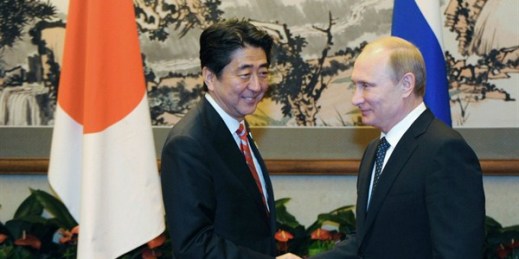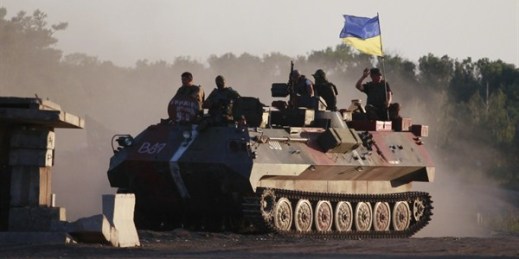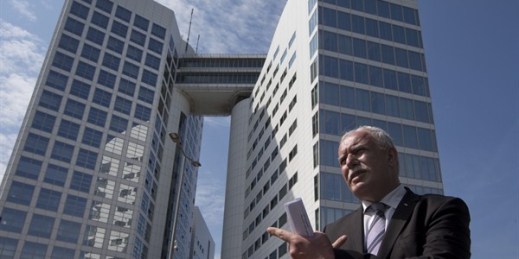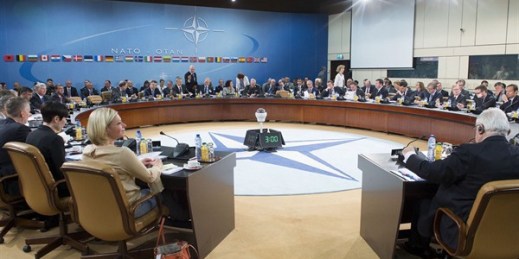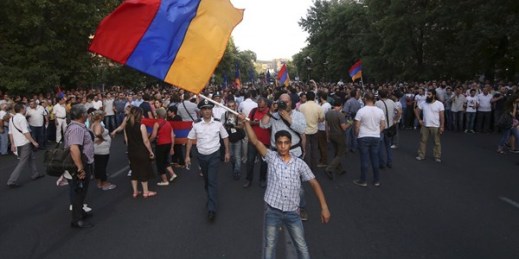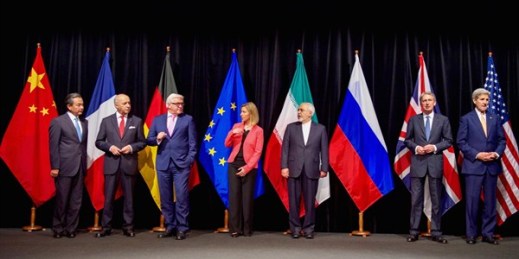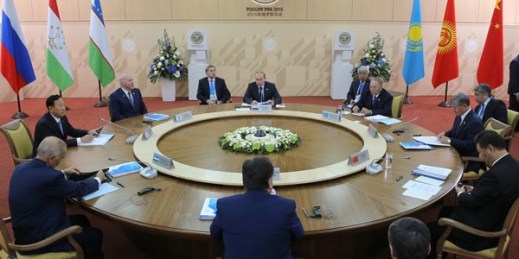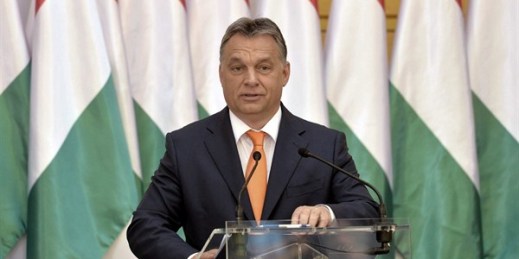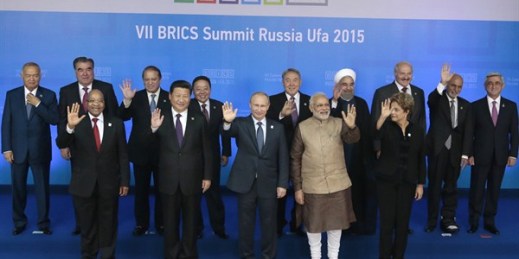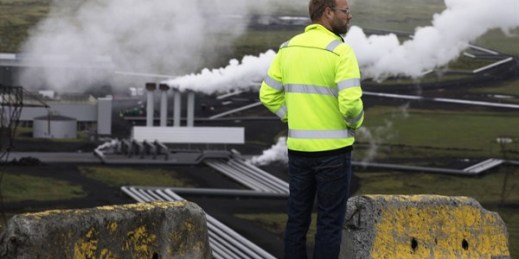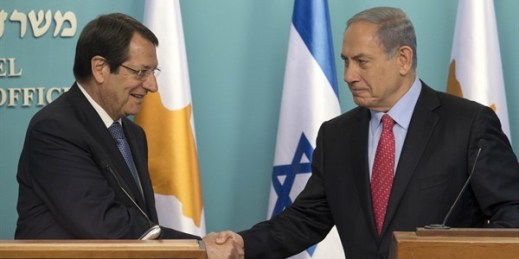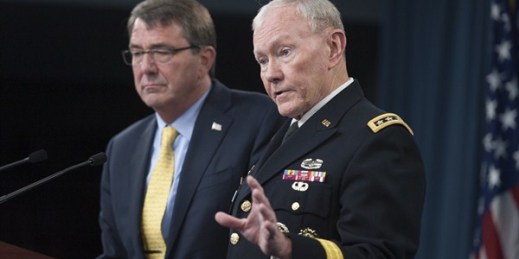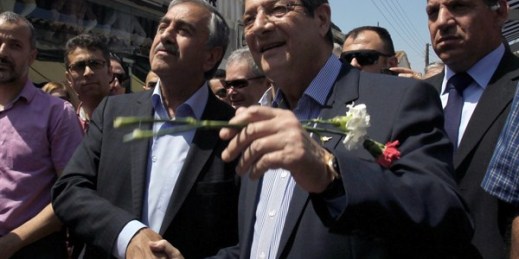
It has been a busy month in Cyprus, with visits from European Commission President Jean-Claude Juncker, EU foreign policy chief Federica Mogherini and Turkish President Recep Tayyip Erdogan. And for the first time since the early 2000s, there seems to be real optimism that one of the longest-running conflicts in the world could finally be resolved. This newfound optimism is due in large part to the election of Mustafa Akinci as president of northern Cyprus last April. Akinci came to power on a pledge to reach an agreement on the reunification of Cyprus, which since 1974 has been divided between […]

